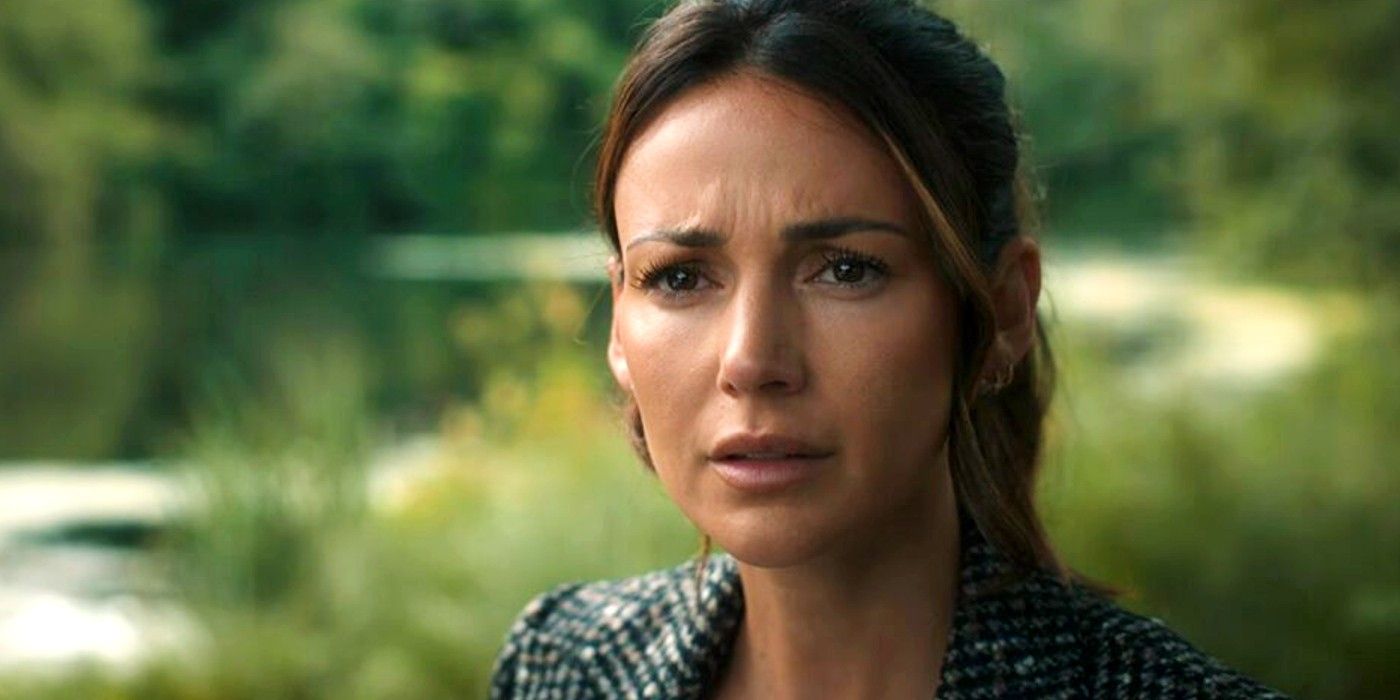As urgent and vital as it is, an investigation into international angles on climate change doesn’t sound remotely theatrical, let alone a race-to-the finish thriller. But that is precisely what directors Stephen Daldry and Justin Martin achieve with Joe Murphy and Joe Robertson’s strikingly smart “Kyoto.”
Plays with as much necessary information as this — it covers ten years of increasingly vexed negotiations climaxing in 1997 at the third COP (Conference of the Parties) — require a heavy degree of information delivery, usually handled via a narrator. And in a wearyingly earnest version of a story about the state of the planet, that narrator would be a heroic character predictably preaching to the choir about how an agreement to curb the behaviour of wicked fossil fuel companies was reached. Murphy and Robertson’s masterstroke is to banish all such expectation and instead have the story narrated by a villain.
Political with both a lowercase and capital P, this is the fierce story of how the very first global treaty in which countries large and small agreed to reduce CO₂ emissions came to pass. It’s not told not by the good guys; it’s delivered to us by Don Pearlman (Stephen Kunken), an American lawyer and ex-government strategist working for the “seven sisters” — the major oil company head honchos — who are aiming for a very different outcome.
With twenty minutes deftly shorn from it since its Stratford-upon-Avon premiere last year at the Royal Shakespeare Company, the increasingly lickety-split pacing makes it even clearer that the play’s focus is not the details of the argument. Yes, this is a play focusing on climate change, but its real subject is the perilous journey from fixed beliefs to necessary compromise. Horse-trading, ends vs. means, and how understanding and movement can be effected are what it is really all about. This isn’t about the environment: it’s cut-throat diplomacy.
On Miriam Buether’s raised, circular set — doubling as a conference table at which international delegates (and members of the audience) sit and a multi-location acting arena — key players are swiftly introduced, examined and given, literally, space to reveal their positions. But although that suggests flat exposition, the hallmark of the production is its dynamism.
It could all be horribly schematic but once the playwrights have set up each country’s lead representative, sparks begin to fly. As Don states near the opening, covering ten years of negotiations turned into two-hours-and thirty-five minutes of drama means dialogue, discussions and personalities have necessarily been changed. Character, excitingly in opposition to one another, begin to emerge.
Nancy Crane is magnificently waspish as the oh-so-reasonable, power-wielding US representative (an amalgam of real-life figures), all sculpted hair and faux sincerity. Aïcha Kossoko brings simple gravitas to the Tanzanian representative, Kristin Atherton has fun with a sharp-tongued Angela Merkel, and Dale Rapley switches between Al Gore and a truth-telling journalist (and more) with delightful ease and weight.
An all-seeing Jorge Bosch is wholly convincing as the long-suffering Argentinian chairman who, at the end of his tether and to everyone’s astonishment, vanishes in desperation from the climactic discussion. He’s been guided by Ferdy Roberts as the famously blunt UK minister John Prescott, who is one of many characters who bring unexpected wit to the production. Indeed, the the production’s least likely and most welcome element is the laughter it evokes.
The growing absurdity of everyone’s behavior is, surprisingly, extraordinarily funny, best of all in the late stages. Everything turns joyously surreal as all the delegates hurls one-liners at each other in a hilarious, fast-paced fantasia on the absolute high-seriousness of every conceivable piece of punctuation within a single paragraph.
Although the play is bookended by Don and his family, as represented by his wife (a plainspeaking and gently touching Jenna Augen), the fact that his trajectory through the talks has an unexpected conclusion puts a unique twist on what might otherwise be seen as straightforward documentary. Transferred into London’s @Soho Place in-the-round theater for a limited run after its well-received premiere, it looks wildly likely to continue its journey, in every sense, across continents.









 English (US) ·
English (US) ·